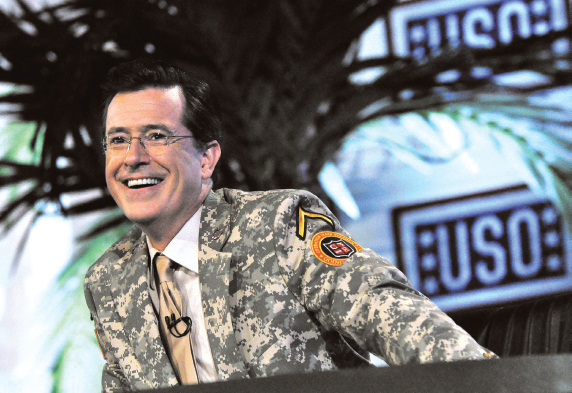Fake News
Printed Page 406
In addition to public journalism, fake news emerged as a response to increasing cynicism about the political process and other issues covered by journalists. This cynicism is not surprising in a nation where two political parties control the government and where many incumbent lawmakers get reelected each year because they have done favors for the lobbyists who helped get them elected initially.

Following in the tradition of Saturday Night Live’s “Weekend Update” sketches, which began in 1975, two half-hour cable satires, The Daily Show with Jon Stewart and The Colbert Report, are today attracting large audiences. On these shows, the hosts tell audiences something that seems truthful about politicians and explain how political leaders try to manipulate the media and public opinion. They often expose hypocrisy by comparing what a politician said “yesterday” in the news with the opposite position held and articulated by the same politician months or years earlier. They also use humor to skewer the news media’s often superficial treatment of politics.
Often the hosts mock the formulas that real TV news programs have long used—everything from the distinctive way news anchors talk to the canned sound bites the reporters present. The more people watch TV news satire, the staler and more irrelevant these formulas seem. Indeed, many Americans have admitted that they watch satires such as The Daily Show not only to be entertained but also to stay current with what is going on in the world. In fact, a prominent Pew Research Center study in 2007 found that people who watched these satiric shows were more often “better informed” than most other news consumers, usually because these viewers tended to get their news from multiple sources and a cross section of news media.9
These developments suggest that journalism—especially TV news—needs to break free from tired formulas and create fresh ways to tell stories. After all, in fictional TV, storytelling has evolved over time, becoming increasingly complex and nuanced. And the Internet has introduced new models of journalism. To remain viable, especially as younger people abandon traditional news media, TV news will need to be just as innovative.